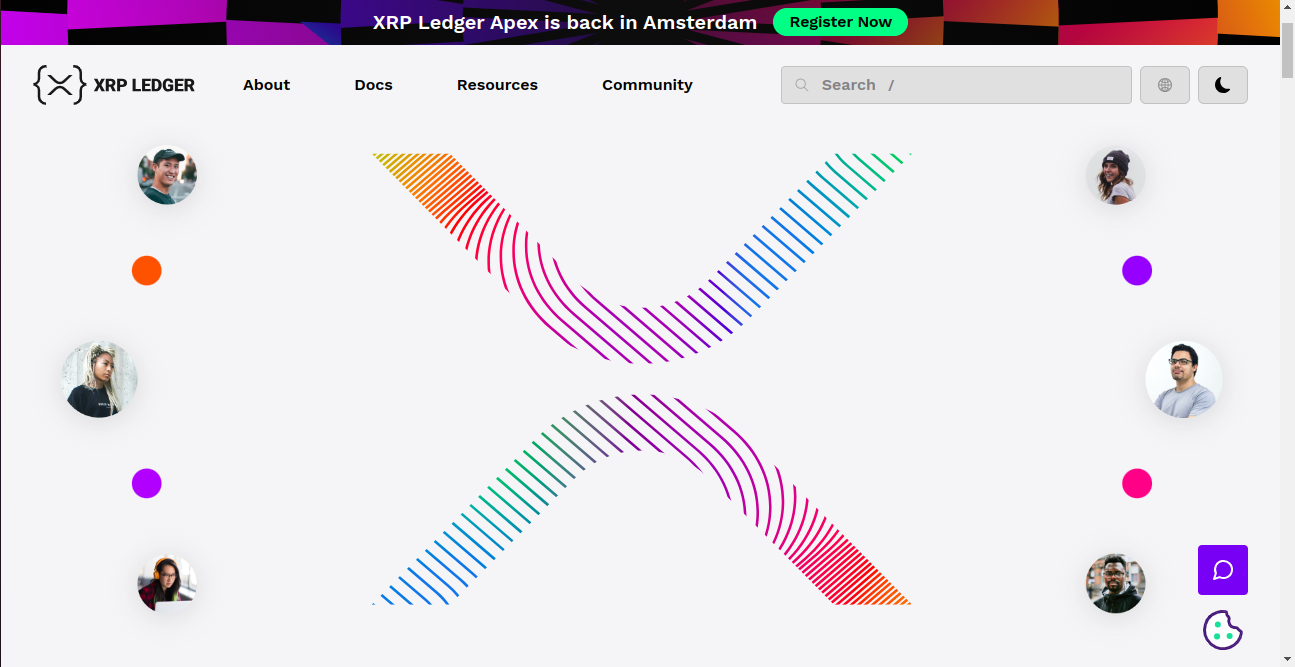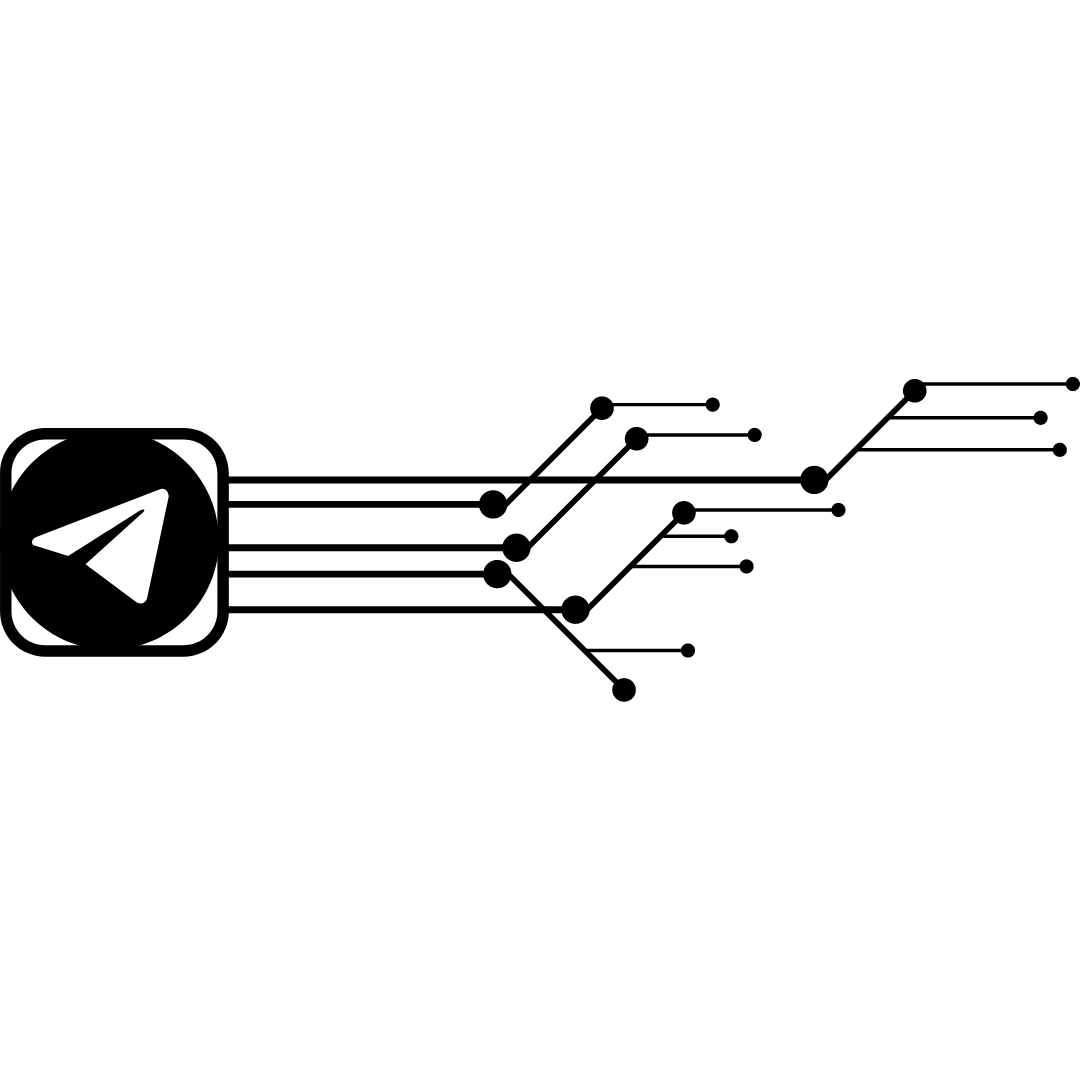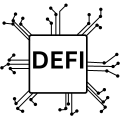
a cryptocurrency developed by Ripple for facilitating fast and cost-effective cross-border payments and remittances.

XRP is a cryptocurrency used within Ripple's payment protocol, renowned for its speed and cost-effectiveness in facilitating cross-border transactions.
Launched in 2012, XRP aims to provide financial institutions and payment providers with a seamless solution for international money transfers and settlement.
Unlike proof-of-work cryptocurrencies like Bitcoin, XRP relies on a consensus protocol, enabling faster transaction processing and lower fees.
RippleNet, Ripple's global payments network, leverages XRP to facilitate real-time settlement across borders, reducing liquidity costs and transaction times.
XRP's ledger, known as the XRP Ledger, is open-source and decentralized, allowing anyone to participate as a validator or node operator.
XRP transactions settle within seconds, making it suitable for high-frequency trading and remittances.
Ripple's partnerships with banks and financial institutions enhance XRP's utility and adoption for real-world use cases.
XRP can be traded on various cryptocurrency exchanges and stored in compatible wallets, offering liquidity and accessibility to users worldwide.
The supply of XRP is capped at 100 billion tokens, with a portion held by Ripple Labs and released periodically.
Critics have raised concerns about XRP's centralized distribution and Ripple Labs' control over a significant portion of the token supply.
Ripple Labs faces legal challenges from regulatory authorities regarding the classification of XRP as a security.
Despite regulatory uncertainties, XRP continues to be a popular choice for cross-border payments and remittances due to its speed and efficiency.
XRP's value is influenced by factors such as market demand, adoption by financial institutions, regulatory developments, and broader cryptocurrency trends.
The XRP community actively promotes the token's use cases and advocates for its adoption in mainstream finance.
XRP's scalability and low transaction fees make it attractive for micropayments and internet-of-things (IoT) applications.
Ripple's vision for XRP extends beyond cross-border payments, with plans to explore use cases in decentralized finance (DeFi) and tokenization.
Interoperability with other blockchain networks is a key focus for Ripple, aiming to facilitate seamless asset transfer between different ledgers.
XRP's consensus algorithm, known as the XRP Consensus Protocol, ensures agreement among network participants without the need for energy-intensive mining.
The XRP Ledger's unique features, such as payment channels and escrow functionality, enable advanced financial transactions and smart contract capabilities.
Ripple's development team continues to enhance the XRP Ledger's functionality and security through protocol upgrades and improvements.
XRP's price volatility and correlation with broader cryptocurrency markets pose risks for investors and traders.
The XRP community actively engages in discussions about the token's future development, governance, and regulatory compliance.
XRP's liquidity and market depth make it suitable for institutional investors and traders seeking exposure to the cryptocurrency market.
Ripple's partnerships with central banks and financial institutions signal growing interest in XRP as a bridge asset for cross-border settlements.
The future of XRP hinges on regulatory clarity, technological advancements, and adoption by mainstream financial institutions.
Overall, XRP plays a significant role in facilitating global payments and remittances, offering speed, efficiency, and cost savings compared to traditional banking systems.
XRP Alternatives media












